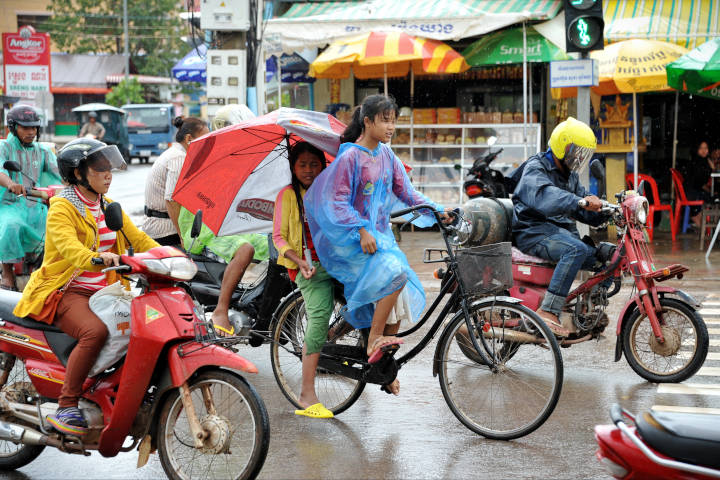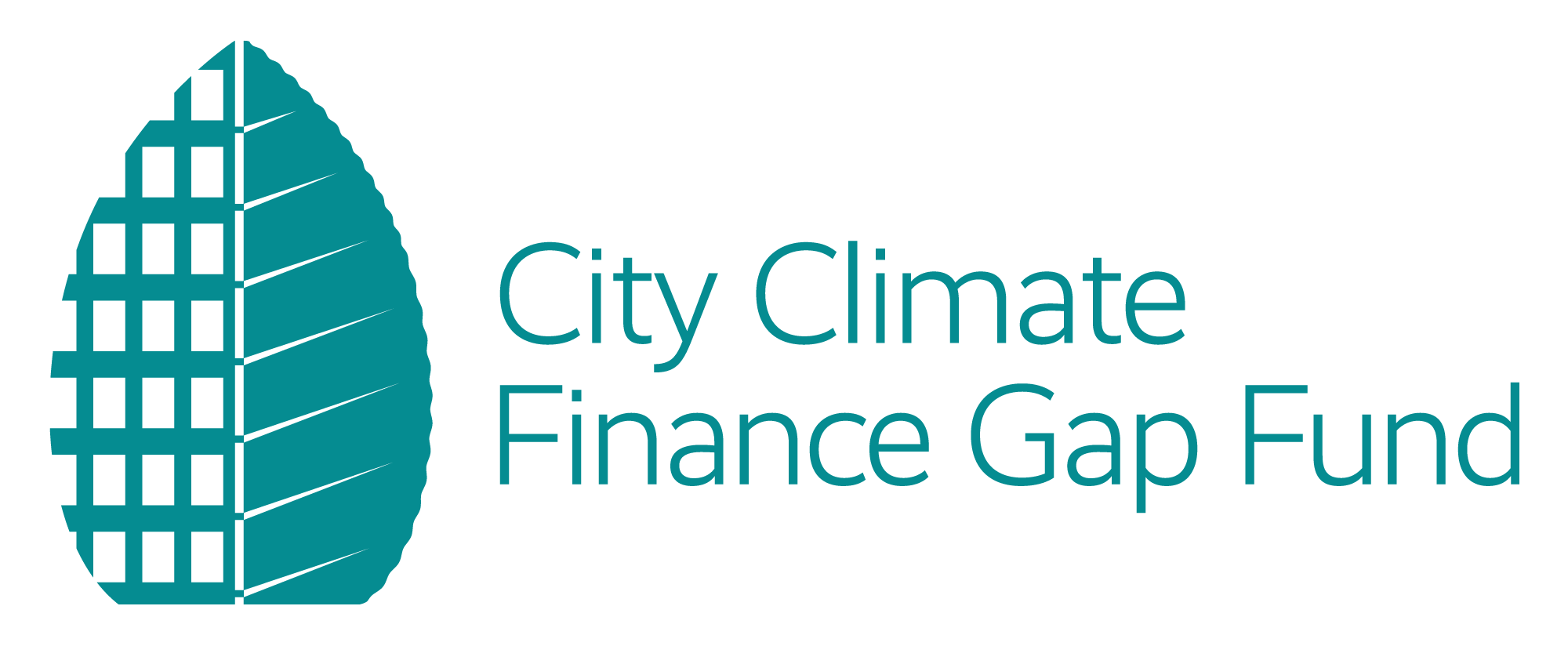Eligibility Criteria

To be eligible for Gap Fund support, all of
the following criteria must be met:
1. Eligible countries — The Expression of Interest must come from developing and emerging countries identified in the ODA-OECD DAC list
2. Climate action potential — The Expression of Interest must aim to make an ambitious contribution to the mitigation of greenhouse gas emissions to meet the 1.5˚ Celsius goal identified in the Paris Agreement and/or adaptation to climate change.
Applicants must commit to carrying out an estimation of the proposal’s climate change mitigation or adaptation potential or working with Gap Fund experts to estimate it.
3. Applicant/Ownership — The applicant must be a city or local government official or a third party that submits the proposal officially on behalf of the city or local government.
4. Urban dimension — The project must be situated in an urban area or functionally linked to one. Proposals presented by public or private developers with clear linkages to sub-national governments will be eligible, so long as a proposal’s urban dimension is clear and local political ownership is verified.
5. Stage — Gap Fund activities can provide support to cities either in strategic planning or up to the pre-feasibility stages of a project, namely:
- Climate strategy development/enabling environment
- Project definition/concept
- Pre-feasibility
The following urban infrastructure themes or
sectors are eligible for Gap Fund support:
- Sustainable urban mobility
- Energy efficiency and small renewables, including building retrofits, street lighting, district heating and cooling
- Solid waste management and circular economy activities
- Water and wastewater management, including flood management
- Greening of urban areas, nature-based solutions, blue/green infrastructure, ecosystem restoration, and centered urban planning
- Green buildings, including sustainable/climate-friendly building materials and eco-districts
- Affordable housing with an energy-efficient approach
- Multi-sector, area-based investment programs, including slum/informal settlement upgrading, brownfield redevelopments, urban extensions or corridor development
- Circular economy approaches
- Sustainable cooling and measures to reduce urban heat island.
